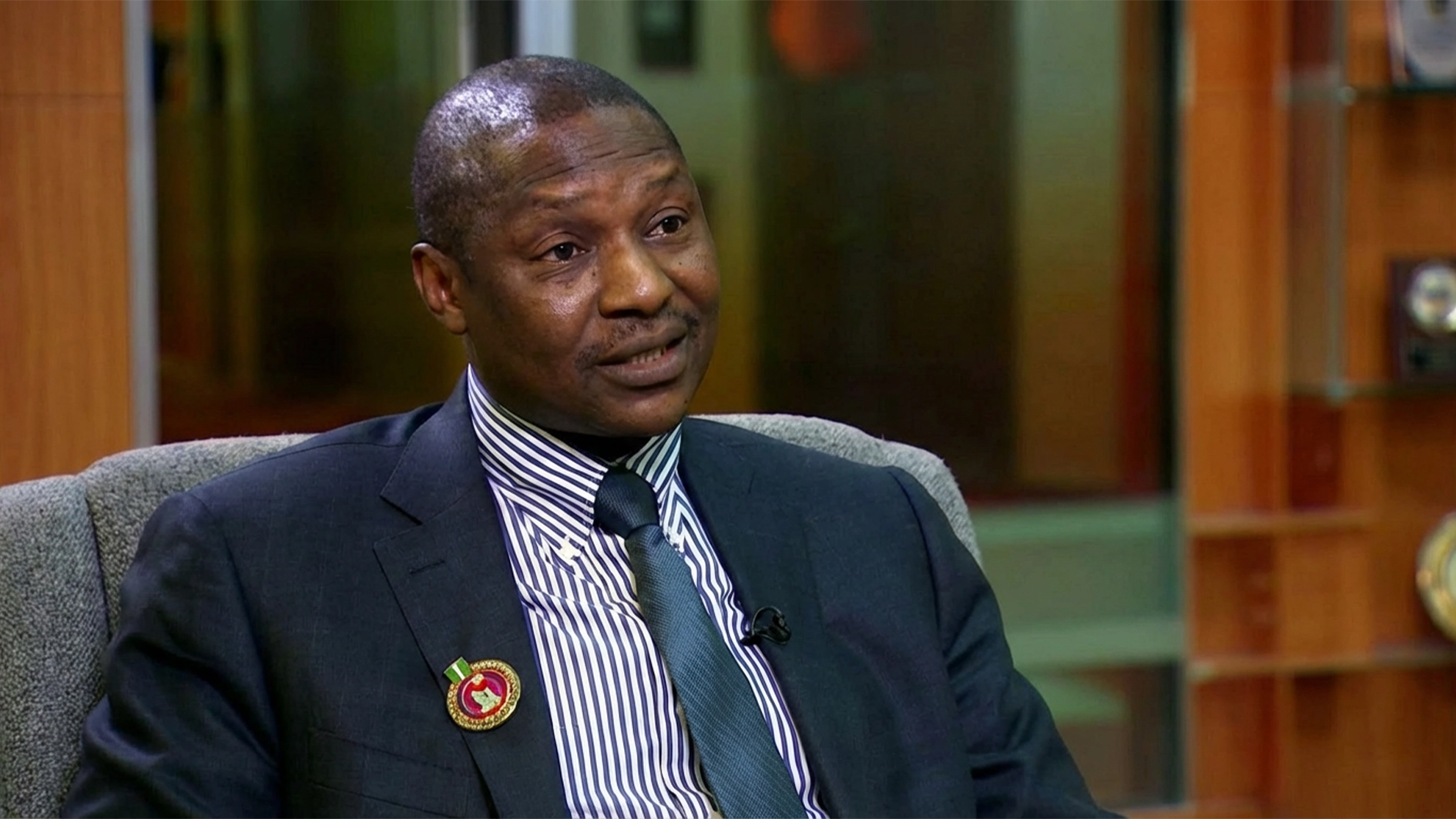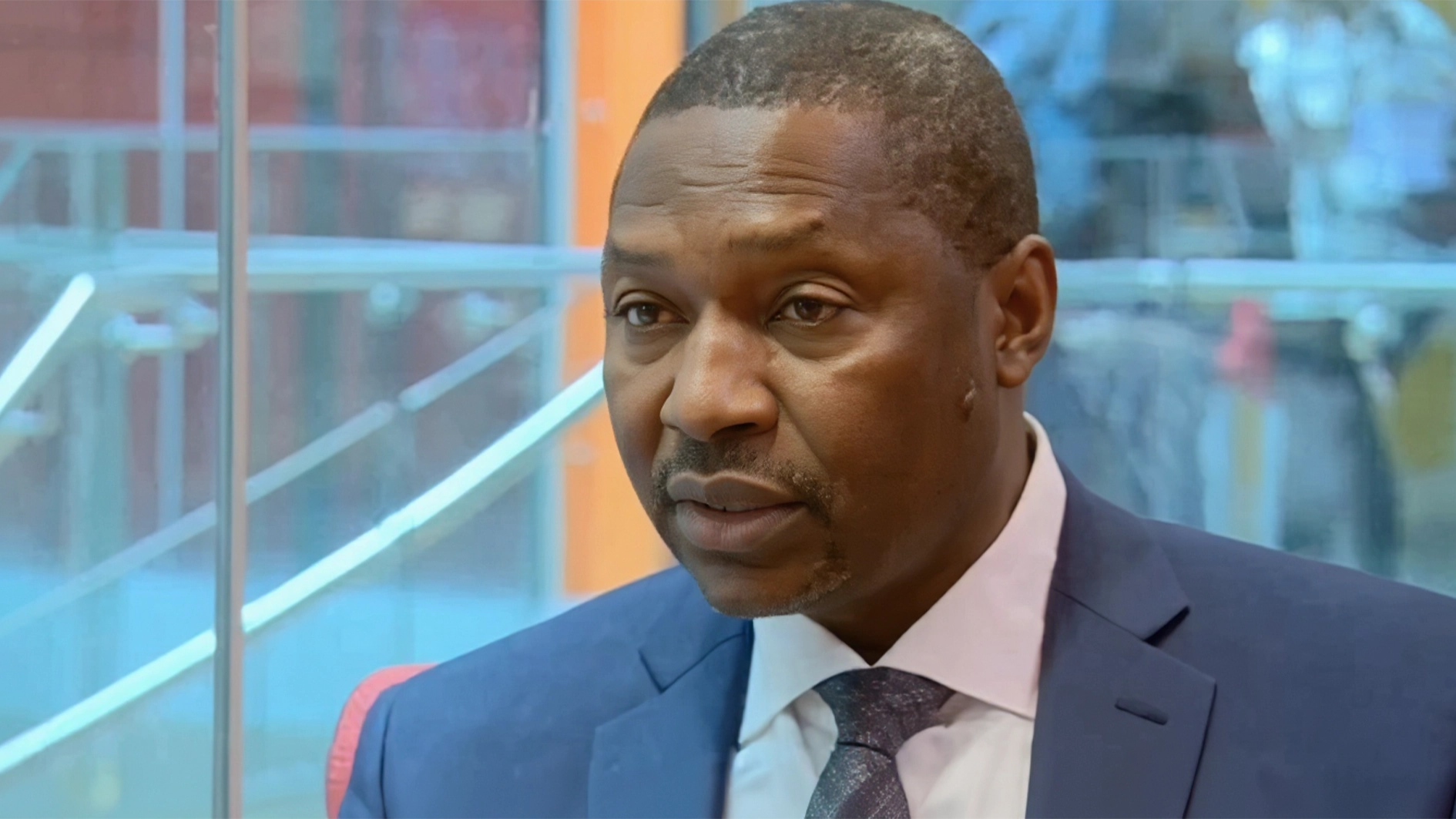Nigeria’s deepening food insecurity crisis may worsen in the coming years unless urgent and coordinated action is taken to address the root causes of hunger, an agricultural expert has warned.
Professor Ibrahim Abubakar, a Professor of Agronomy at Ahmadu Bello University, Zaria, said the combination of climate change, insecurity, poor agricultural practices, and low mechanisation will continue to reduce food production and increase vulnerability among farmers and households across the country.
According to the Food and Agriculture Organisation (FAO), over 30 million Nigerians are currently at risk of acute hunger, with 30.6 million expected to face food and nutrition insecurity during the June to August lean season this year. These figures have been described as alarming by international agencies and nutrition experts monitoring the situation.
The professor explained that erratic weather patterns, rising temperatures, and unpredictable rainfall have devastated crop production. He noted that without access to modern tools and forecasting systems, smallholder farmers are unable to prepare for environmental shocks, leading to poor yields and food shortages.
He warned that pests and diseases are also becoming more common due to climate change, further reducing food availability. “Pests such as fall armyworms and Tuta absoluta attack maize, tomatoes, and other staple crops during dry spells or periods of high humidity. If farmers cannot predict or prepare for these changes, their crops are wiped out,” he said.
Insecurity is another major factor that continues to limit food production, especially in the northern and central parts of Nigeria. Millions have been displaced due to violence and banditry, while many farmers have abandoned their land out of fear.
The World Food Programme (WFP) recently reported that 2.2 million people are displaced in Borno, Yobe, and Adamawa states alone, while another 4.4 million are food insecure in those regions.
A study in Benue State found that even a one per cent rise in insecurity leads to a 0.21 per cent drop in crop production and 0.31 per cent reduction in livestock output. The president of the All Farmers Association of Nigeria, Alhaji Muda Farouk, said that theft, attacks, and destruction of farmlands have made it difficult for many farmers to continue cultivating their fields.
“In some areas, people are killed while trying to farm. This fear stops them from producing food. The government knows what is happening and must act,” Farouk said. He added that the association is now educating farmers on ways to detect danger, though he declined to give further details due to the sensitivity of the matter.
Economically, the high cost of food and inflation has made basic staples unaffordable to many Nigerians. With the removal of fuel subsidies, transportation costs have soared, worsening the crisis. The depreciation of the naira has also made agricultural inputs such as fertiliser, seeds, and equipment more expensive, leaving farmers with little support to improve productivity.
Despite government interventions like the $1.2 billion Green Imperative Programme launched in 2020 to modernise the sector, Nigeria still ranks among the lowest globally in terms of mechanisation. The country’s current level stands at 0.027 horsepower per hectare, far below the FAO’s recommended 1.5 hp/ha.
Agricultural advocacy group Noba Africa said Nigeria’s food insecurity will persist unless the government and private sector invest more in empowering smallholder farmers. The group stressed the need to improve access to quality seeds, fertilisers, and training on sustainable farming techniques. It also called for the creation of farmer cooperatives and support systems to improve access to credit and markets.
Mrs Tabawa Atiku, chairperson of the Budget Committee Group, said that smallholder women farmers, in particular, need more attention in budget planning and allocation. She called on the Federal Government to release funds promptly and invest in agricultural extension services to guide farmers and improve yields.
“There must be specific funding for women farmers and capacity-building for extension officers. Without these, rural communities will continue to struggle,” she said.
Registered dietitian Olusola Malomo called for a comprehensive approach to food security, warning that Nigeria could face a full-blown famine if it fails to adopt sustainable solutions. He said the country must prioritise technology, private sector partnerships, climate-smart agriculture, youth involvement, and urban farming initiatives.
He added that malnutrition levels are likely to rise, with 1.3 million children across West and Central Africa at risk of losing access to therapeutic food by May 2025, 80,000 of whom are in Nigeria.






